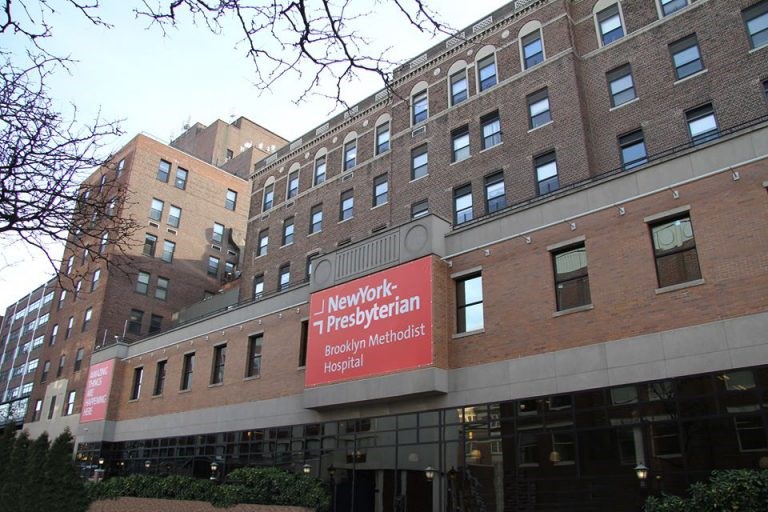The Cornell Center for Health Equity will be working with Brooklyn Methodist Hospital to encourage local residents to be screened and receive treatment for hypertension and common cancers prevalent in African-descent communities.

Cornell Medicine officially launched yesterday the Cornell Center for Health Equity, a new research center that is partnering with local organizations and health care providers to study the causes of health care disparities among minority communities, reports the Cornell Chronicle. The center will also focus on developing new interventions to reverse the health outcomes caused by that imbalance. As part of the new initiative, Cornell will be partnering with NewYork-Presbyterian Brooklyn Methodist Hospital to research and combat hypertension among Brooklyn's Afro-Caribbean community.
"As physicians, it is our responsibility to ensure that everyone — regardless of where they live, their backgrounds and economic status — have access to quality health care so that they can live full, productive and healthy lives," said Dr. Augustine M.K. Choi, dean of Weill Cornell Medicine and provost for medical affairs of Cornell University. "The Cornell Center for Health Equity is an important step in ending health care disparities that affect the most vulnerable among us."
The new Cornell Center for Health Equity will address disparities in heart disease, stroke and cancer outcomes in disadvantaged minority communities in New York City, as well as in more rural regions of New York State. Working with organizations and local health centers embedded in their communities, researchers will analyze the role of policy, societal biases, socio-economic status, educational background, and the home and family environment in overcoming these disparities.
For one of its first projects, the center will be engaging with Afro-Caribbean communities that receive their health care services from Brooklyn Methodist Hospital. As hypertension is highly prevalent among populations of African descent, Cornell researchers will be working with their Brooklyn colleagues to plan events that encourage local residents to be screened and receive treatment for hypertension. Additionally, the team hopes to motivate residents to be screened for breast, colon and prostate cancers which are also more prevalent in African-descent communities.
"Despite extraordinary medical advances in recent decades, what medicine has not done is close the gap in giving care to underrepresented communities, so the disparities continue," said Dr. Monika Safford, co-director of the Cornell Center for Health Equity. "We want to drill down on this issue, so we are partnering with communities to understand their priorities and perspectives, collaboratively developing interventions based on science as well as community realities, and partnering with community organizations to sustain those interventions."



